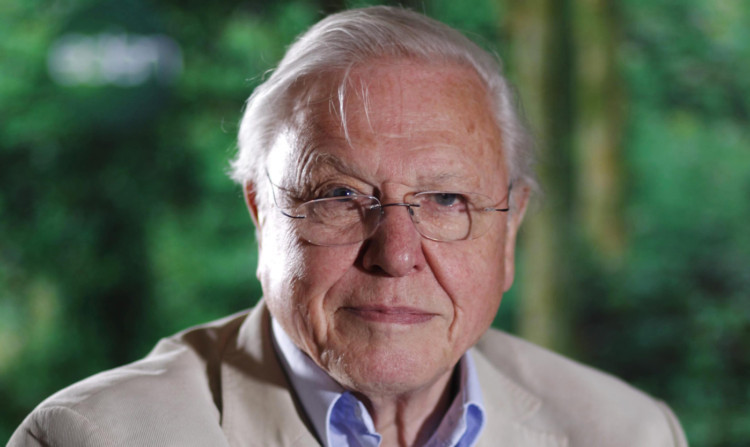Humans have stopped evolving and should be persuaded not to have large families, TV naturalist Sir David Attenborough has said.
The broadcaster, 87, said he was not optimistic about the future and that “things are going to get worse”.
He said he did not believe humans will become extinct but added: “I think that we’ve stopped evolving.
“Because if natural selection, as proposed by Darwin, is the main mechanism of evolution there may be other things, but it does look as though that’s the case then we’ve stopped natural selection.”
Sir David said humans were still evolving in the cultural sphere, however.
The broadcaster said of the future: “I don’t think we are going to become extinct. We’re very clever and extremely resourceful and we will find ways of preserving ourselves, of that I’m sure.
“But whether our lives will be as rich as they are now is another question.”
On reducing population, he said: “If you were able to persuade people that it is irresponsible to have large families in this day and age, and if material wealth and material conditions are such that people value their materialistic life and don’t suffer as a consequence, then that’s all to the good.
“But I’m not particularly optimistic about the future. I think we’re lucky to be living when we are, because things are going to get worse.”
In January, Sir David described humans as a “plague on the Earth”.
He said then: “Either we limit our population growth or the natural world will do it for us, and the natural world is doing it for us right now.
“We keep putting on programmes about famine in Ethiopia that’s what’s happening. Too many people there. They can’t support themselves and it’s not an inhuman thing to say. It’s the case.”
